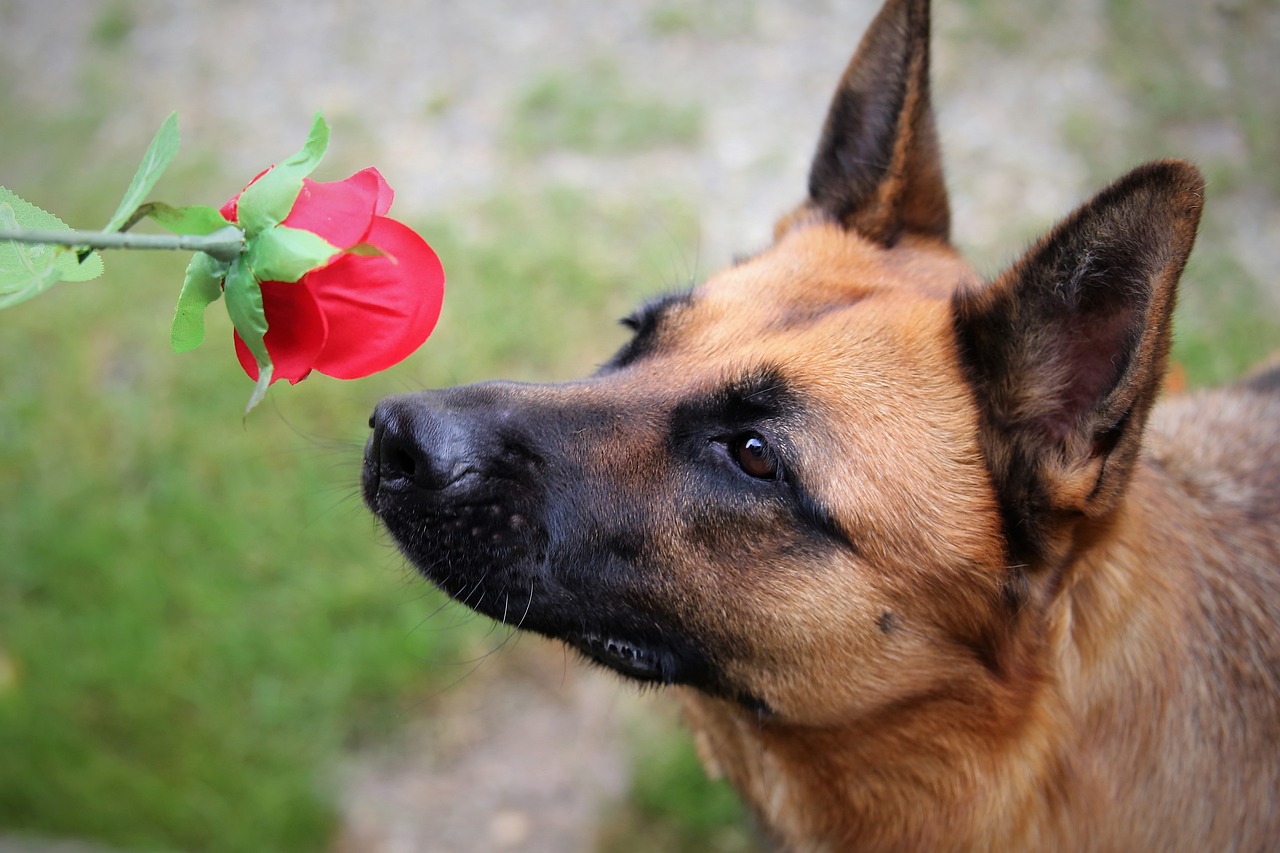Dogs’ sniffing habits profoundly express their inner world, revealing much about their emotional state and intentions. Unlike humans, who primarily rely on vision, dogs interpret the world through their noses, making their sense of smell a critical pathway to understanding their surroundings and communicating. A dog’s sniffing behavior can indicate curiosity, excitement, anxiety, or even stress, serving as a barometer for their emotional well-being. Observing and interpreting these habits allows owners to understand better and meet their dogs’ needs, strengthening their bond. This article delves into the nuances of dogs’ sniffing habits and what they reveal about their emotional state, offering insights into how to foster a supportive and understanding relationship with your canine companion.
Sniffing as Exploration and Curiosity
When dogs engage in enthusiastic sniffing, especially in new environments or with unfamiliar objects, it’s a clear sign of curiosity and exploration. This behavior indicates a confident and content state of mind, as the dog feels safe enough to explore its surroundings. Sniffing allows dogs to gather information, making sense of their world by identifying and tracking scents. Owners observing their dogs in such a sniffing spree should recognize this as a healthy expression of their dog’s inquisitive nature, encouraging it as part of their natural behavior and learning process.
Sniffing for Comfort and Familiarity
Dogs often seek out familiar scents for comfort, especially in times of uncertainty or stress. They reassure themselves of their environment’s safety by sniffing objects or areas with a known smell. This behavior is particularly noticeable in new or changing environments where they might return to a specific spot or object that smells like home or their owner. This sniffing habit underscores a need for security and emotional grounding, highlighting how owners can help by providing familiar items during stressful times.
Increased Sniffing in Stressful Situations
An increase in sniffing behavior can indicate stress or anxiety. In tense situations, dogs may sniff more excessively as a displacement activity, diverting their nervous energy into a familiar action. This type of sniffing serves as a coping mechanism, allowing the dog to manage stress by focusing on olfactory exploration. Recognizing this behavior as a sign of discomfort can prompt owners to identify and mitigate their dog’s stressors, ensuring their emotional well-being.
Sniffing as a Greeting and Social Interaction
Dogs use sniffing as a primary means of greeting and social interaction with humans and other animals. This behavior can express excitement, pleasure, and a desire to engage socially, showcasing a positive emotional state. When dogs sniff each other or a human, they gather information and establish a social connection. For owners, encouraging and allowing their dogs to sniff during greetings emphasizes their natural social inclinations and fosters healthy interactions.
Excessive Sniffing as a Sign of Obsession or Discomfort
Sometimes, excessive or obsessive sniffing can indicate underlying issues, such as discomfort with a situation or even medical problems affecting their sense of smell. Suppose a dog persistently sniffs a specific area on their body or obsesses over a particular spot or object without apparent reason. In that case, it may signal discomfort or health concerns that require attention. Observing and addressing these unusual sniffing patterns can help identify and treat potential problems, ensuring the dog’s health and comfort.
A dog’s sniffing habits offer a unique glimpse into their emotional world, providing valuable cues about their feelings, needs, and well-being. Whether expressing curiosity, seeking comfort, indicating stress, engaging socially, or signaling health issues, understanding these olfactory behaviors enhances the human-dog relationship. Owners can better support their dogs’ emotional and physical health by paying close attention to their sniffing habits, ensuring a happier and more harmonious life. Recognizing and respecting these natural behaviors strengthens the bond between dogs and humans, fostering a deep, empathetic connection that enriches both lives.


 Toledo, United States.
Toledo, United States.